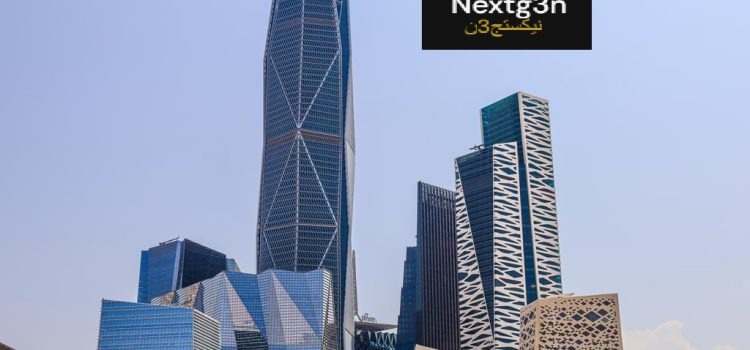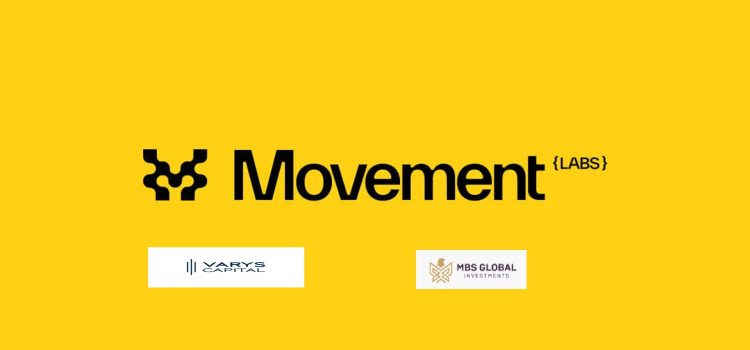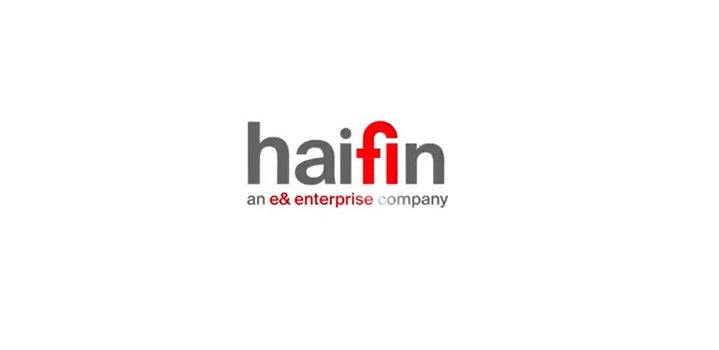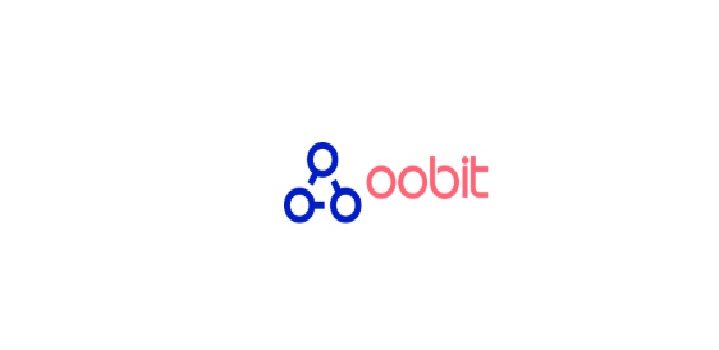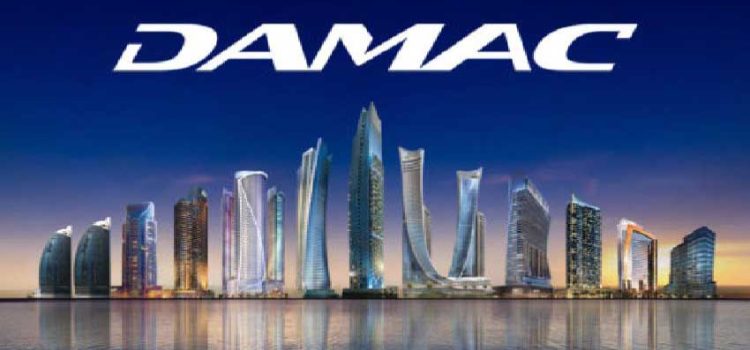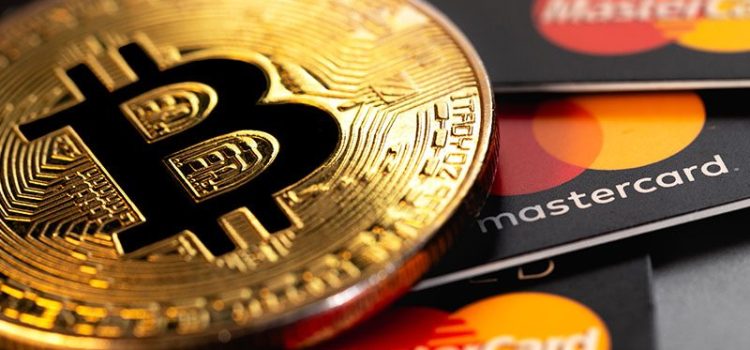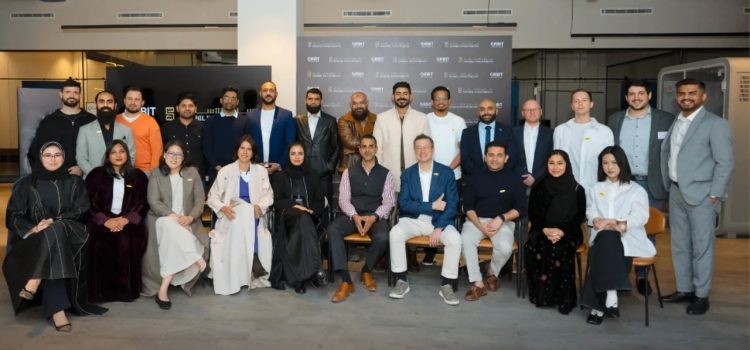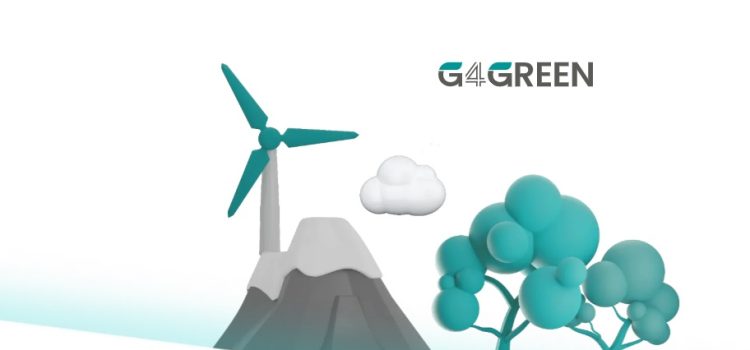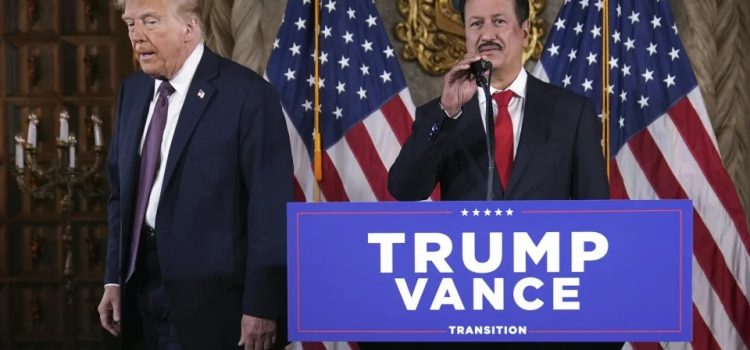
Saudi Arabia recently hosted the NEXTG3N Hackathon, led by Her Royal Highness Princess Nourah Al Faisal. The event was held from January 9th until the 11th 2025 at Princess Nourah University in Riyadh. It gathered international innovators alongside Saudi talent to develop groundbreaking solutions at the crossroads of Web3 and gaming using decentralized solutions for learning environments. Selected innovations from the hackathon will be showcased at a side event during the World Economic Forum in Davos.
Her Royal Highness Princess Nourah Al Faisal, Chief Creative Director of Adhlal sponsored the event in collaboration with W3 ff Venture Builder. Adhlal brings deep expertise in empowering Saudi youth through creative ecosystems aligned with Vision 2030, while W3-ff leverages cutting-edge Web3 technologies and venture-building strategies.
The Hackathon included a track under the theme of Web3 and Identity, where participants were asked to create secure, decentralized, and personalized learning environments using Web3 technologies. The track question was “How can decentralized identities empower young learners and creatives in Saudi Arabia to securely access, develop, and share learning content?”
In an article published in Arab News, Princess Nourah was quoted as highlighting how blockchain could provide a secure space for young users fostering their engagement with digital platforms. Princess Nourah remarked on the significance of soft skills in preparing the youth for future challenges, and added: “When we think about the evolving landscape over the next few years, we must consider how to foster innovation and creativity among youth.”
The second track covered Future Skill Development. It centered on building future skills through immersive hackathon experiences.
How can we empower Saudi Arabia’s youth to develop future literacy, creative collaboration, and entrepreneurial thinking while solving real-world challenges?
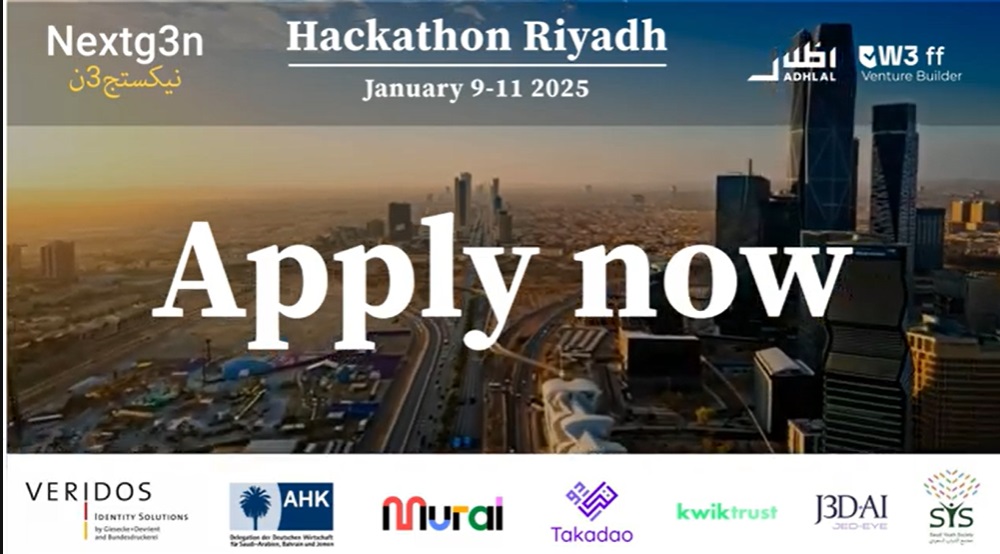
While the third track covered Games to grow, where participants were asked to design engaging and innovative gaming experiences that enhance creative skillsets, promote problem-solving, and encourage design thinking. How can gaming be leveraged to accelerate the development of young designers in a fun and impactful way?
Speakers at the event included Princess Nourah; Hamad Al-Owaishiq, founder and CEO of the Saudi Youth Society; Tanja Ludwig from W3 ff Venture Builder in Germany; Dalia Samra-Rohte from the Algemeine Handels Kamer; and Xavier Prost from Veridos UAE, one of the event’s sponsors.
42.000,- SAR in prizes were distributed to winning the teams.








